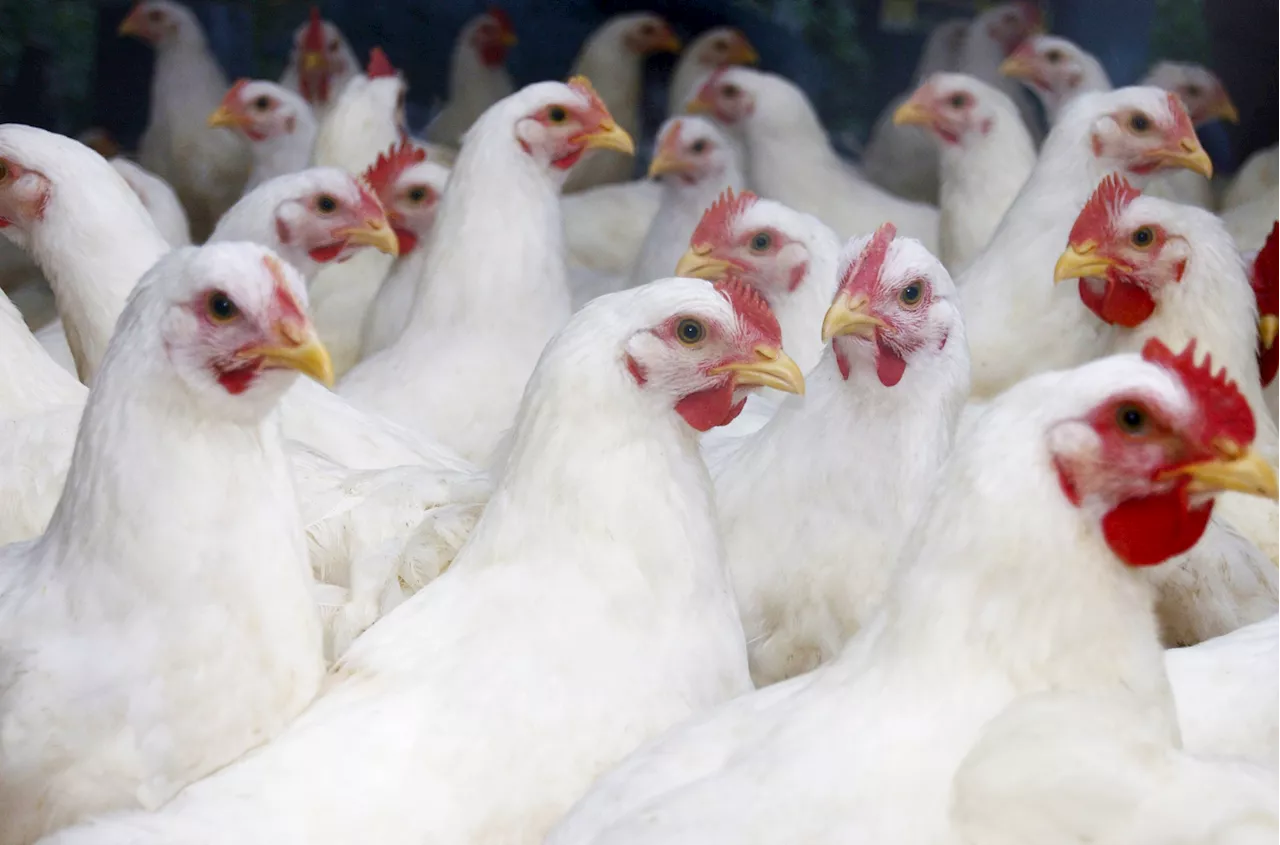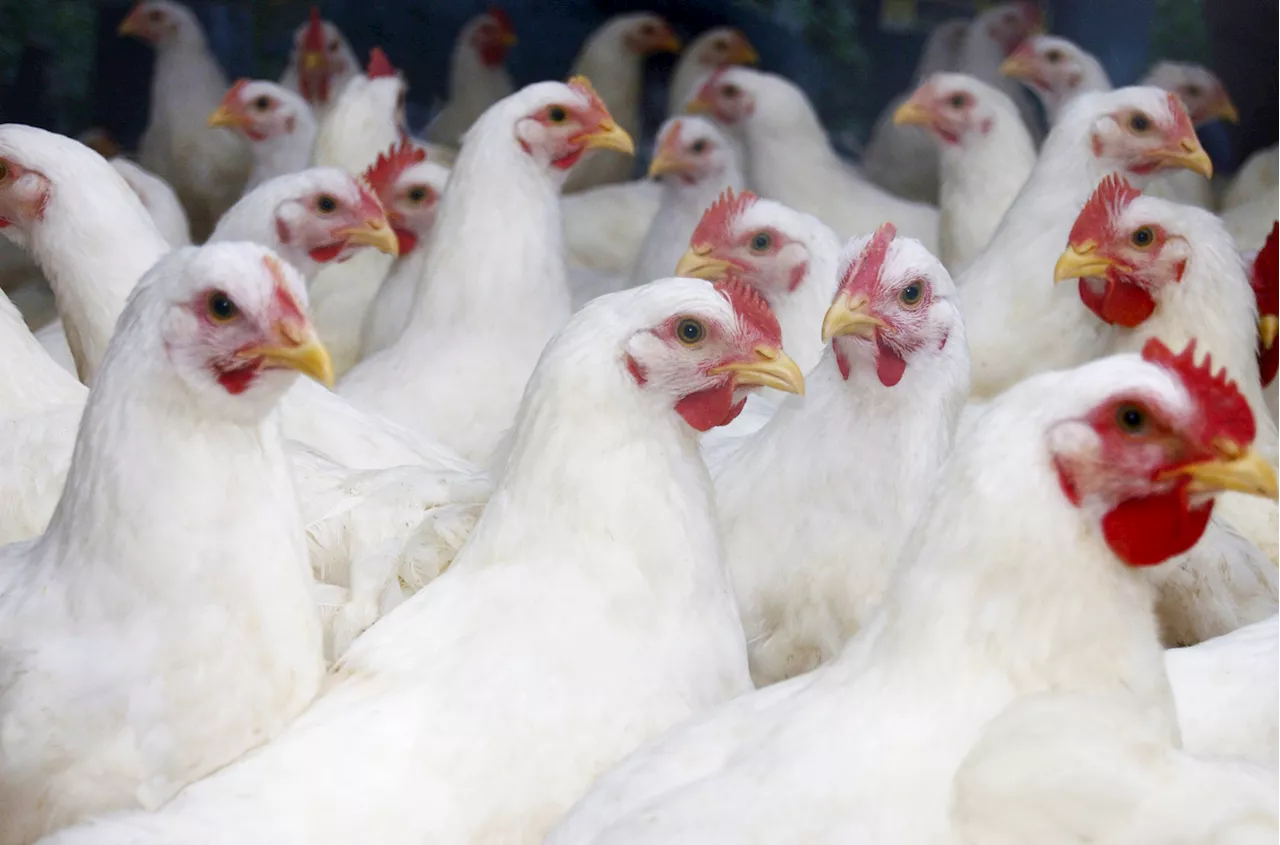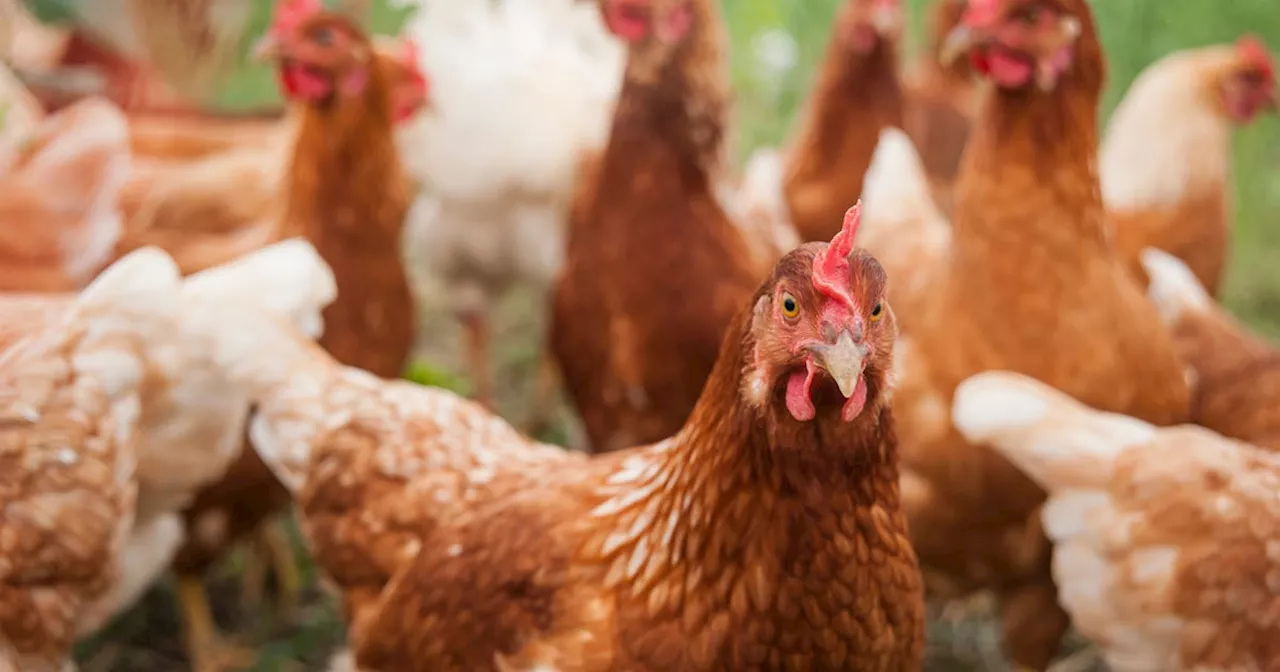While headlines about bird flu raise concerns, medical experts emphasize the low risk to the general public. This article breaks down the current situation, transmission routes, treatment options, and preventive measures.
Could bird flu become airborne is a question prompting anxiety among experts. Headlines about the virus, from its potential to become pandemic-causing to its impact on restaurant prices, have sparked concerns. While it's understandable to feel anxious, Dr. Katugaha, system medical director of Infectious Diseases at Baptist Health in Jacksonville, Florida, encourages a measured response.
The extensive news coverage, she says, is actually a positive sign, indicating the Centers for Disease Control and Prevention (CDC) and medical authorities are actively monitoring the situation, gathering data, and mitigating risks.H5N1, commonly known as bird flu, primarily affects wild birds but can spread to other animals, including poultry, livestock, pets, and, in rare cases, humans. The current situation in the U.S. reveals a spread of the virus among commercial poultry operations, with wild birds like ducks and storks acting as carriers. While there have been a handful of human cases since March 2024, including one fatality in January 2025, the risk to the general public remains low. Most cases have been linked to exposure through farm work or contact with infected poultry. The CDC emphasizes the importance of careful surveillance and monitoring, as the virus has the potential to mutate and become contagious from person to person. The current low risk stems from the fact that H5N1 is not known to spread easily between humans. However, experts remain vigilant, as mutations could occur, leading to a situation similar to the 1918 influenza pandemic. For those concerned about contracting bird flu, Dr. Katugaha offers reassurance: grocery store eggs are safe to consume. The virus can be transmitted through raw milk or direct contact with infected animals, but the food processing system ensures that eggs are safe. Treatment for bird flu involves antiviral medication like oseltamivir (Tamiflu), which is most effective when administered promptly. Dr. Katugaha also advises on preventative measures: avoid direct contact with wild birds, keep pets away from wild birds, and refrain from touching sick or dead birds or their droppings. Individuals working with poultry should wear protective gear like gloves and masks. For pet owners, the risk of avian influenza remains low. Pets can contract the virus, but their bodies typically fight off the infection. However, vigilance is advised in areas with known outbreaks
Bird Flu H5N1 Pandemic Virus Transmission Prevention Treatment CDC
United States Latest News, United States Headlines
Similar News:You can also read news stories similar to this one that we have collected from other news sources.
Texas Officials Urge Residents to Remove Bird Feeders Amid Bird Flu RiseTexas health officials are advising residents to take down bird feeders and baths due to a surge in bird flu cases across the state, including Austin.
Read more »
 Bird Flu Suspected in Wild Bird Deaths Across New JerseyMultiple wild birds in New Jersey have died, with bird flu suspected as the cause. The New Jersey Fish and Wildlife has reported at least seven snow geese, two Canada geese, and two hawks testing presumptive positive for avian influenza. While the risk to humans remains low, authorities urge hunters and the public to take precautions to prevent the spread of the disease.
Bird Flu Suspected in Wild Bird Deaths Across New JerseyMultiple wild birds in New Jersey have died, with bird flu suspected as the cause. The New Jersey Fish and Wildlife has reported at least seven snow geese, two Canada geese, and two hawks testing presumptive positive for avian influenza. While the risk to humans remains low, authorities urge hunters and the public to take precautions to prevent the spread of the disease.
Read more »
 Bird Flu Concerns Amid Rising Flu CasesAs flu season kicks off, concerns are growing about the emergence of bird flu cases. Although the bird flu is not currently spreading from person to person, health experts are urging individuals to get vaccinated against the seasonal flu.
Bird Flu Concerns Amid Rising Flu CasesAs flu season kicks off, concerns are growing about the emergence of bird flu cases. Although the bird flu is not currently spreading from person to person, health experts are urging individuals to get vaccinated against the seasonal flu.
Read more »
 CDC Urges Faster Flu Testing to Track Bird Flu SpreadThe Centers for Disease Control and Prevention (CDC) has issued new guidance urging labs to determine within 24 hours if hospitalized patients with flu symptoms have seasonal influenza or bird flu (H5N1). This quicker turnaround time aims to identify potential bird flu cases earlier and track its spread more effectively. Currently, many hospitals send flu samples for testing in bulk every few days, delaying results and potentially compromising contact tracing and preventative measures.
CDC Urges Faster Flu Testing to Track Bird Flu SpreadThe Centers for Disease Control and Prevention (CDC) has issued new guidance urging labs to determine within 24 hours if hospitalized patients with flu symptoms have seasonal influenza or bird flu (H5N1). This quicker turnaround time aims to identify potential bird flu cases earlier and track its spread more effectively. Currently, many hospitals send flu samples for testing in bulk every few days, delaying results and potentially compromising contact tracing and preventative measures.
Read more »
 CDC Urges Hospitals to Test Flu Patients for Bird Flu Within 24 HoursThe Centers for Disease Control and Prevention (CDC) has issued new guidance urging hospitals nationwide to determine within 24 hours if hospitalized patients with flu symptoms have seasonal influenza or bird flu (Avian Influenza). This change aims to improve real-time surveillance and identify potential cases of human-to-human transmission early.
CDC Urges Hospitals to Test Flu Patients for Bird Flu Within 24 HoursThe Centers for Disease Control and Prevention (CDC) has issued new guidance urging hospitals nationwide to determine within 24 hours if hospitalized patients with flu symptoms have seasonal influenza or bird flu (Avian Influenza). This change aims to improve real-time surveillance and identify potential cases of human-to-human transmission early.
Read more »
 CDC Skips Weekly Flu Report, Citing Focus on Bird FluThe CDC has deviated from its usual practice of releasing a weekly flu report, citing a need to prioritize communications related to the bird flu outbreak. Although hospitals rely on this report to prepare for flu surges, the CDC has assured the public that this pause is not cause for alarm and that FluView information will be released on a case-by-case basis.
CDC Skips Weekly Flu Report, Citing Focus on Bird FluThe CDC has deviated from its usual practice of releasing a weekly flu report, citing a need to prioritize communications related to the bird flu outbreak. Although hospitals rely on this report to prepare for flu surges, the CDC has assured the public that this pause is not cause for alarm and that FluView information will be released on a case-by-case basis.
Read more »
